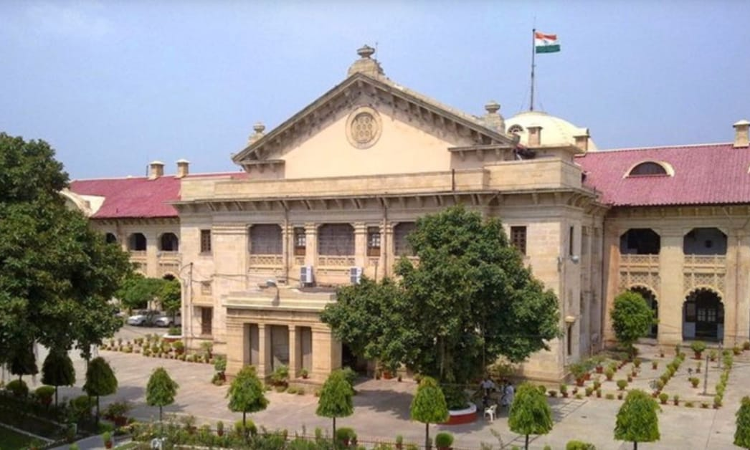Collusion In Bail Hearing Through Forged Vakalatnama : Allahabad High Court Deplores 'Downfall In Moral Values' Of Advocacy
Shrutika Pandey
9 Aug 2021 10:25 PM IST

The counsel for the accused had 'arranged' a forged vakalatnama and engaged a lawyer to represent the accused to record no-objection to grant bail.
Next Story


